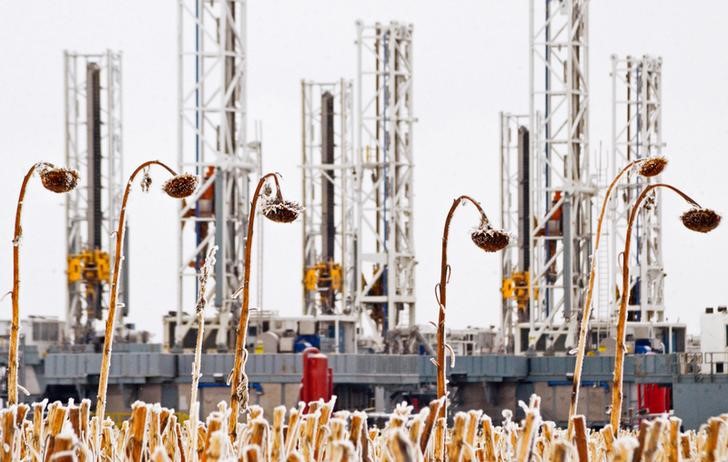Saudi Arabia and Russia, along with other principal OPEC+ producers, have announced the extension of their voluntary crude supply reductions until the end of the second quarter. This decision underscores the coalition's ongoing efforts to stabilize the global oil market.
Saudi Arabia, through an official from the Ministry of Energy, communicated via the Saudi Press Agency, has confirmed the extension of its voluntary crude production cut of 1 million barrels per day (bpd) through to the end of June. Consequently, Riyadh's crude production is set to maintain at ~9 million bpd until the end of June.
Similarly, Russia has committed to curtailing its production and export supplies by a combined 471,000 bpd until the end of June, as stated by Russian Deputy Prime Minister Alexander Novak, in a report by the Russian state-owned agency Tass. This follows Moscow's initial voluntary reduction of supplies by 500,000 bpd in the first quarter.
Additional OPEC key producers, namely Iraq and the United Arab Emirates (UAE), will also extend their voluntary production cuts of 220,000 bpd and 163,000 bpd, respectively, until the end of the second quarter. These updates were relayed through state-owned news agencies INA for Iraq and WAM for the UAE.
Impact on oil price
This collective action builds on the November agreement among OPEC+ countries to reduce their output by 2 million bpd until the end of 2024, with the latest voluntary cuts serving as an augmentation to this policy.
The backdrop to these extended cuts includes a stagnating oil price, fluctuating within a US$75 to US$85 per barrel range since the year's start, despite previous OPEC+ supply reductions. Factors such as persistent Houthi maritime attacks and the ongoing conflict in Gaza have contributed to market volatility, while seasonal refinery maintenance in China is expected to dampen demand further in the coming quarter.
These voluntary cuts, distinct from formal policy changes, allow for swift adaptation to market conditions without the need for unanimous consent among OPEC+ members. The next round of policy negotiations is scheduled for June, when revised production capacity baselines will be established, potentially influencing future production quotas and revenue opportunities for the coalition's members.
